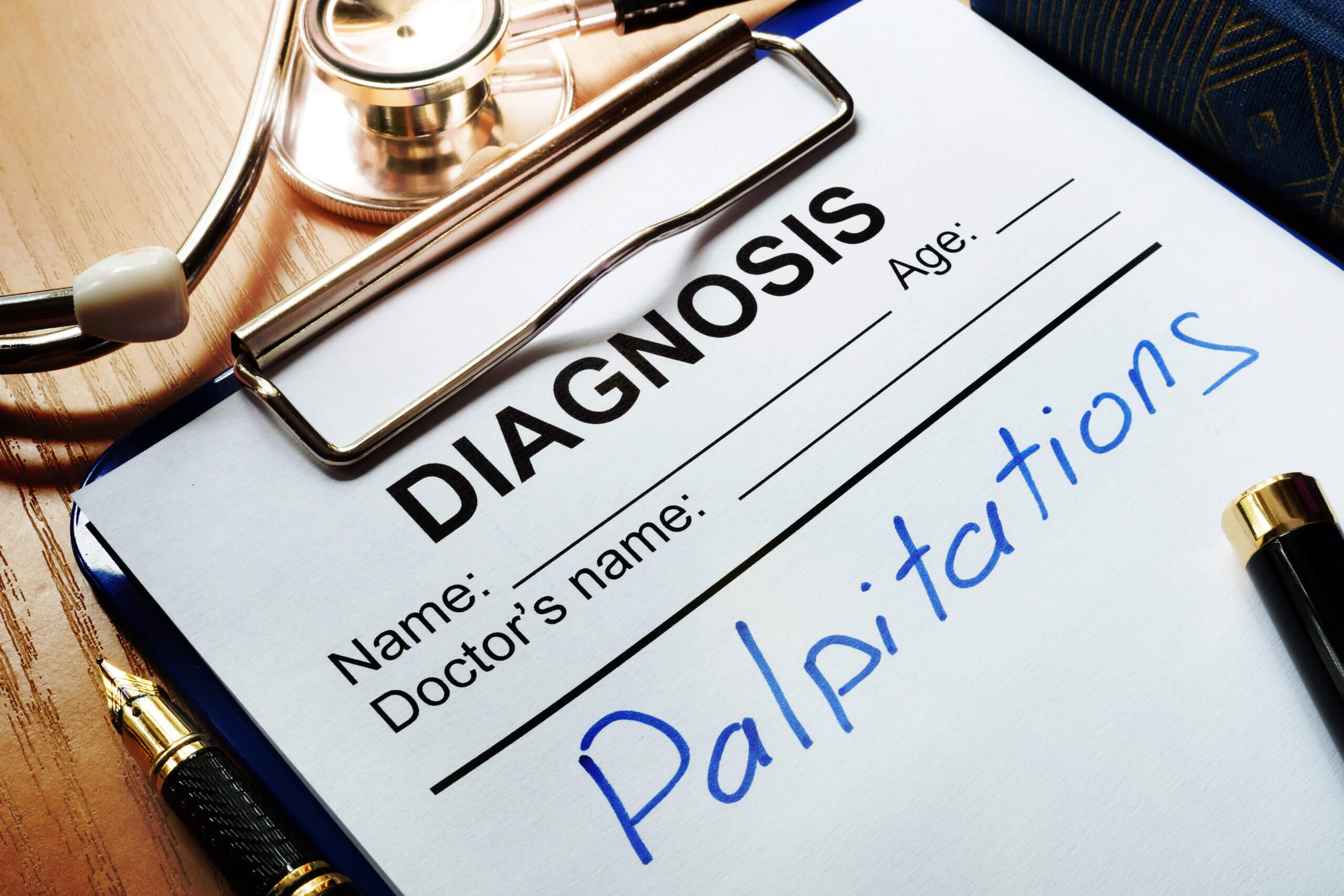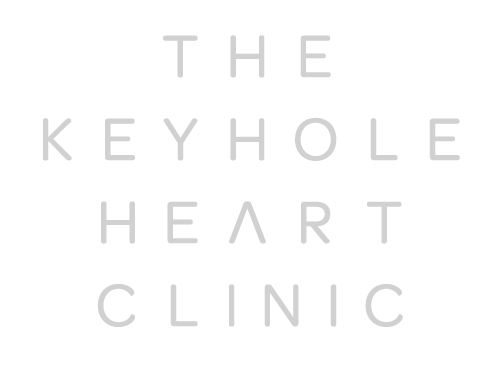A Patient’s Story: Keyhole Mitral Valve Surgery

A Patient Story
Mrs P enjoyed her life to the full until she developed debilitating heart rhythm disturbances which interfered with her activities of daily living. Extensive investigations by her local doctors revealed that Mrs P had developed intermittent irregularities of her heart rhythm known as paroxysmal atrial fibrillation. Despite the use of powerful heart medications, Mrs P’s symptoms continued and led her to the conclusion that something needed to be done to correct the problem.
What is Atrial Fibrillation?
Atrial fibrillation is a condition where the small chambers of the heart start beat in a random, irregular fashion, leading to the conscious sensation of the heart which doctors call palpitations. Palpitations can make you feel like the heart is racing very quickly and sometimes they feel like “missed beats”. Patients can experience breathlessness or dizziness. In the beginning, atrial fibrillation often starts suddenly and can last for minutes or hours before finally settling down. We call this paroxysmal atrial fibrillation. Without effective treatment paroxysmal atrial fibrillation eventually becomes permanent.
Is Atrial Fibrillation Dangerous?
Atrial fibrillation is associated with the development of blood clots in the heart which can escape into the general circulation and cause stroke. Individuals with atrial fibrillation are far more likely to develop heart failure and suffer premature death.
Can Atrial Fibrillation Be Treated?
Patients who develop paroxysmal atrial fibrillation should see a specialist who can identify and treat any primary cause. Blood tests should look to exclude the presence of thyroid gland overactivity, and an echocardiogram scan of the heart should exclude the presence of any heart valve problems. In the absence of any other non-cardiac cause, the usual initial treatment is with the use of lifestyle modification (reduce alcohol and caffeine intake, reduce weight, and manage stress). Medications that stabilise the heart rhythm may be prescribed, and some patients require blood thinners to prevent stroke.
Transcatheter Atrial Fibrillation Ablation
If medical treatment fails to control symptoms, doctors can consider a treatment called transcatheter atrial fibrillation ablation. In this treatment, a wire is placed in the groin and a probe is passed into the heart to directly injure the irritable areas of the heart muscle. This treatment may need repeating to provide maximum benefit. In paroxysmal atrial fibrillation, transcatheter atrial fibrillation ablation is very effective but once atrial fibrillation becomes constant, it is very difficult to eradicate.
Mrs P’s doctors offered her transcatheter atrial fibrillation ablation. RP was keen to proceed although she wanted to understand more about her condition. She had been told that a valve in her heart called the mitral valve was leaking moderately severely and that this would not be addressed by the transcatheter atrial fibrillation ablation. Mrs P had spent much of her life helping people with medical problems and with this knowledge, she was quite concerned that simply ablating the atrial fibrillation without addressing the leaking mitral valve would not be effective.
Mrs P decided to seek a second opinion. She contacted the team at The Keyhole Heart Clinic and underwent an online consultation with our top heart surgeon Mr Inder Birdi. He informed RP that her suspicions were correct and that the atrial fibrillation ablation was unlikely to be successful in the presence of severe mitral valve leak. Mr Birdi advised that she should undergo surgical correction of the mitral valve leak, and at the same time, he could perform surgical atrial fibrillation ablation. One further benefit of the procedure was that Mr Birdi could also close an area in the heart called the left atrial appendage. This is where clots form in patients with atrial fibrillation which can cause stroke.
Surgical Treatment of Atrial Fibrillation
Surgery is a very effective way to treat atrial fibrillation and is likely to provide cure far more reliably than with catheter based atrial fibrillation ablation. This is particularly true in the presence of severe mitral valve regurgitation. In this situation, the best treatment is surgical mitral valve repair, atrial fibrillation ablation and closure of the left atrial appendage (to reduce the risk of stroke).
Mr Birdi also indicated that all of this could be performed by keyhole heart surgery meaning that there would be no requirement to cut her breastbone open. RP was delighted that something like this could be done and especially that she could have keyhole heart surgery.
Keyhole Heart Surgery
Many surgeons treat heart conditions by making a large cut in the breastbone. The drawback for patients is the need for a large, bone breaking incision which requires 3 months to heal, and patients need to avoid heavy lifting during this period. Inder Birdi and his team have been performing all types of heart surgery procedures through keyhole incisions safely and effectively for over 18 years. Keyhole incisions avoid the need for bone breaks and as a result, they heal in days rather than months. Keyhole incisions are also associated with a lower risk of wound infection, less bleeding, less pain, and more acceptable scarring.
As part of her evaluation for surgery, Mr Birdi recognised that Mrs P had a long-term phobia of hospitals. Therefore, he made special arrangements for Mrs P to be introduced to his Lead Anaesthetist Dr Shane George. The nursing team at The Harley Street Clinic were also alerted to Mrs P’s special requirements given her real and genuine anxieties.
On the day of the surgery Dr George prepared a special premedication for Mrs P. This calmed Mrs P and allowed her to be taken to theatre for her surgery in calm and confident spirits.
Mr Birdi performed successful mitral valve repair through a small cut under Mrs P’s right breast. He used a cryoprobe to apply cold energy to various parts of Mrs P’s atrial heart chambers. He also successfully closed the left atrial appendage. At the end of the procedure Mrs P’s heart was working perfectly with no more leak through the mitral valve. Her heart rhythm had stabilised to normal regular rhythm. The early results were excellent and the whole team were excited as they realised how important this result would be for Mrs P.
Mrs P commented:
“My gratitude to Mr Birdi for what he has done for me is difficult to put into words. I was terrified at discovering that I needed heart surgery and felt completely lost. Contacting Mr Birdi was the turning point – his calmness, kindness and his caring nature gave me the courage to go ahead, having avoided hospitals all my life. He went out of his way to help me. He is quite simply an inspirational figure. He is compassionate and understanding and his staff show enormous respect for him in their loyalty and dedication caring for his patients. He and his team are simply the best. His expertise and experience shines through. I had some questions after the operation and in the time since then and he is always there, willing to answer and help wherever he can. I will never be able to thank him enough – he made me feel that I mattered, that I wasn’t just another anonymous patient. He gave me my health back. I consider myself very lucky indeed to have been his patient. Thank you, Mr Birdi, for everything.”
Mr Inder Birdi commented:
“Mrs P has made an excellent recovery from her surgery and several months later, she is a new woman. Her mitral valve repair remains perfect, and she is no longer suffering from her palpitations. I am so pleased that she came to us at exactly the right time and the treatment she has received will not only improve the quality of her life, but she will also live much longer too.”
For more information on the treatment of atrial fibrillation, keyhole mitral valve repair or seeking a second opinion procedures, please get in touch or book an appointment with us using the link below. You can even call us on 02080640535

